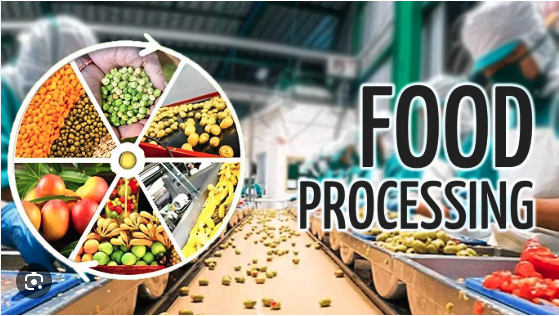
- Teacher: NANCY ACABODILLO
- Teacher: CRECENCIANA BATALAN
Course Overview: Operations Management
This course introduces students to the principles, tools, and practices of Operations Management, focusing on their application in the culinary, hospitality, and tourism industries. It explores how businesses design, manage, and improve systems and processes to deliver high-quality products and services efficiently. Students will learn to balance cost, quality, speed, and customer satisfaction which are the key drivers in competitive service industries.
Topics include process design, supply chain and inventory management, capacity and scheduling, quality assurance, sustainability, and service innovation. Real-world examples from restaurants, hotels, resorts, and tourism establishments will be used to link theory with practice.
By the end of the course, students will be able to analyze operations issues, apply problem-solving strategies, and recommend improvements that enhance productivity, guest experiences, and business performance. This foundation prepares them for leadership roles where operational excellence directly impacts customer satisfaction and organizational success.
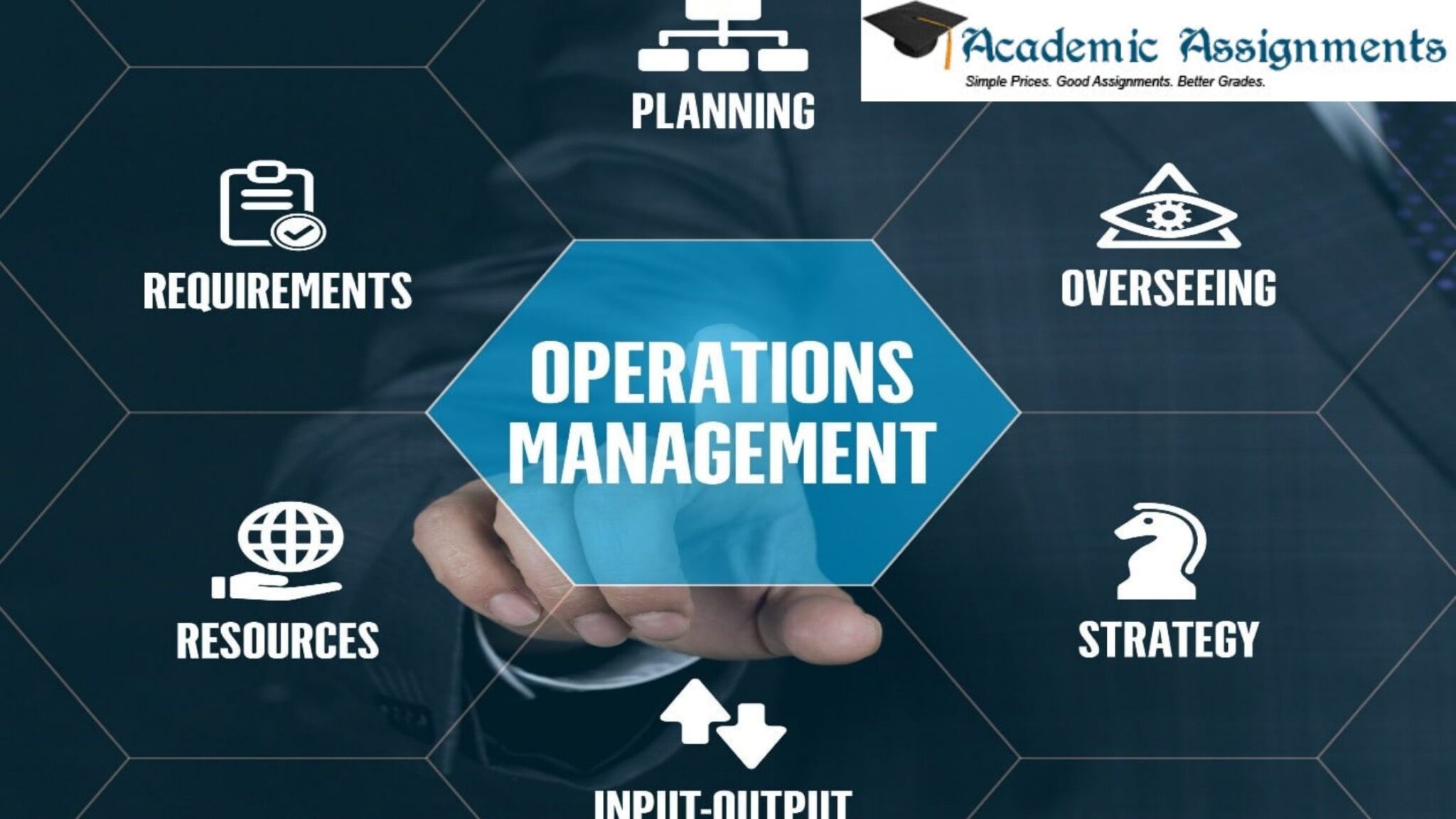
- Teacher: ELREY ELMOORE ABELLA

- Teacher: NANCY ACABODILLO
- Teacher: CRECENCIANA BATALAN
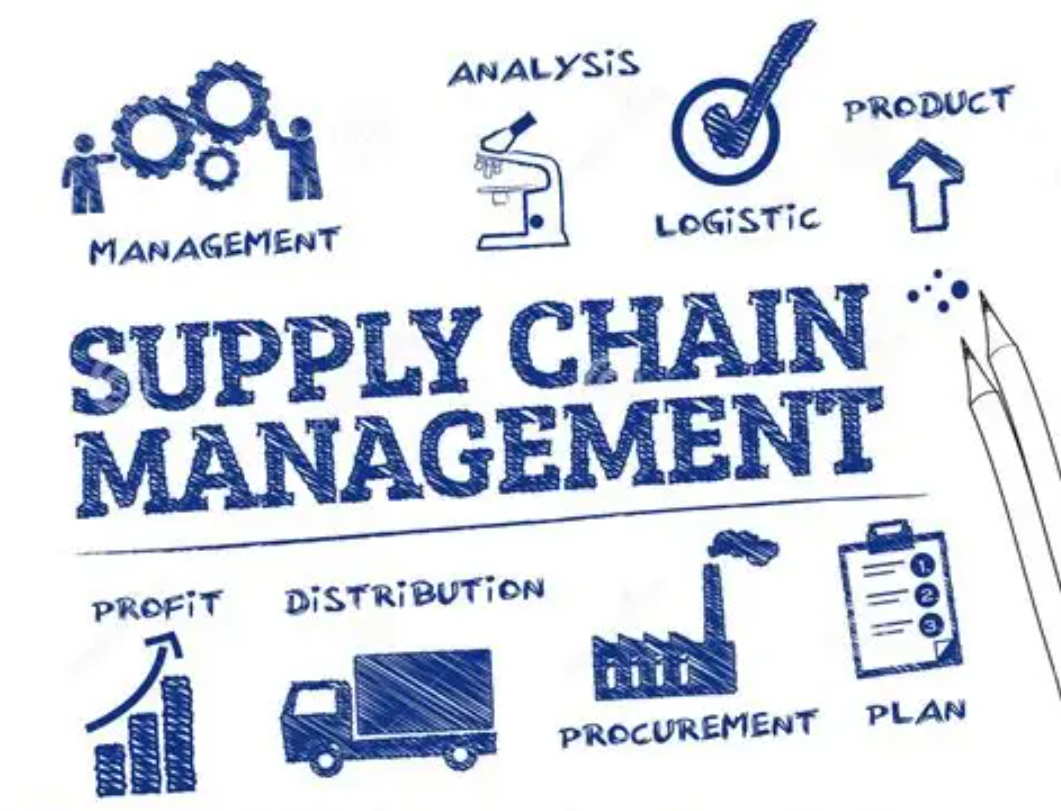
- Teacher: ROSELYN AREVALO
- Teacher: MARIA FIL NARCISO
The course aims to develop knowledge, skills, and attitudes in ensuring the work environment of the organization fits the industry professional. Topics include planning and designing workstations to create efficient and effective workplaces, selecting workstation furnishings to provide flexibility and adaptability for workers, designing lighting for proper illumination in work areas, and creating work areas where noise is controlled for normal operation to be done in the work station.
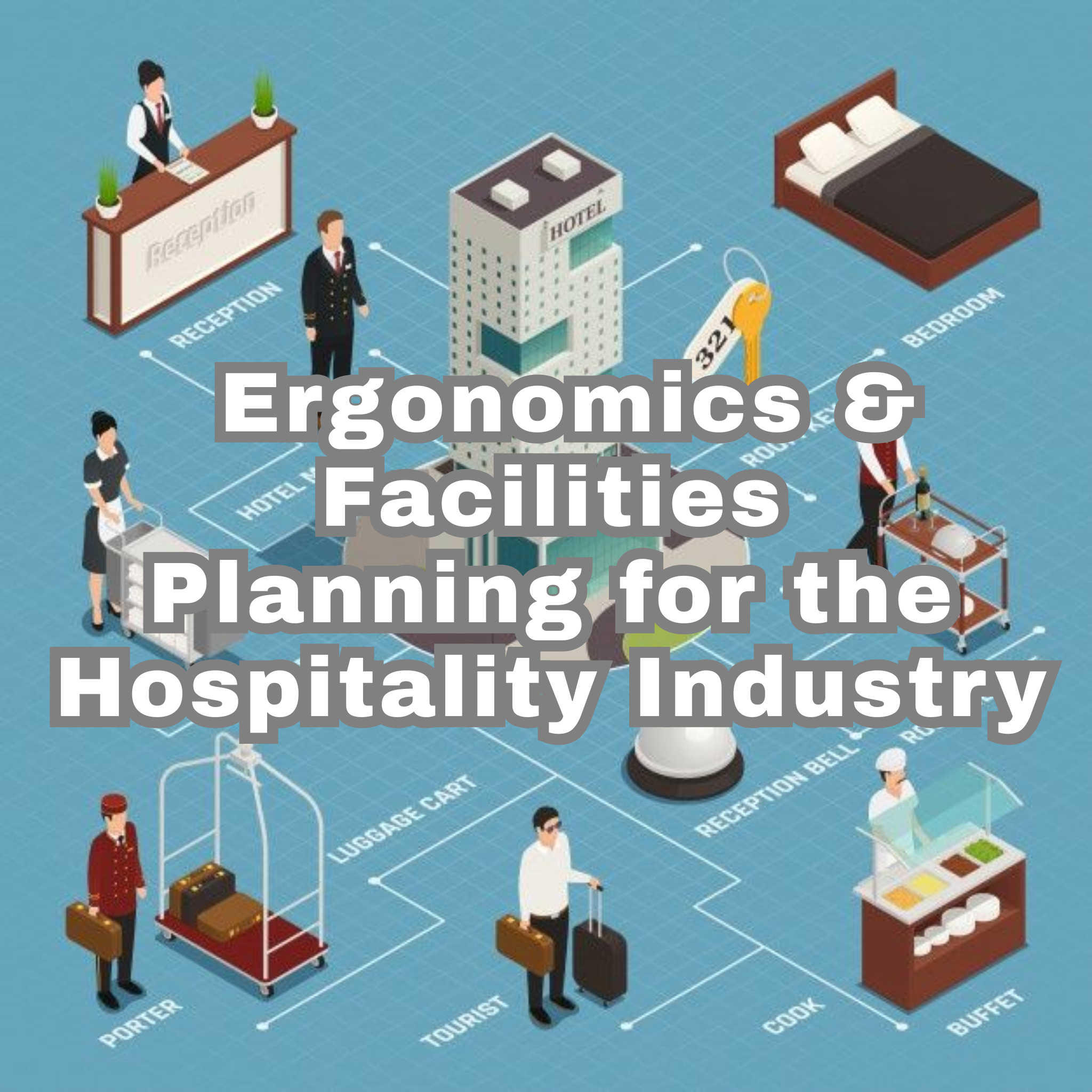
- Teacher: CAMILLE ALANA
- Teacher: ELLA JOY FLORES
This course deals with interactions between science and technology and social, cultural, political and economic contexts that shape and are shaped by them. (CMO No. 20, series of 2013) this interdisciplinary course engages students to confront the realities brought about by science and technology in society. Such realities pervade the context of society with all its socio-political, cultural, economic, and philosophical underpinnings at play. This course seeks to instill reflective knowledge in the students that they are able to live a good life and display ethical decision making in the face of scientific and technological advancement. This course includes mandatory topics on climate change and environmental awareness.
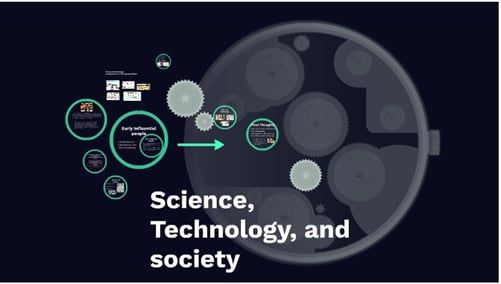
- Teacher: PONCIANO JR EROJO

- Teacher: KURT ANGELO ORILLANA
- Teacher: LEIRA RONATO

